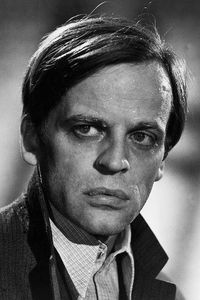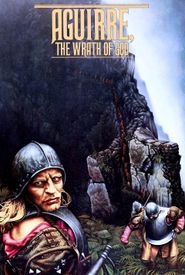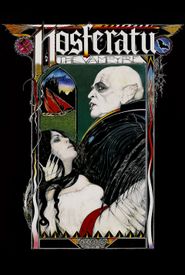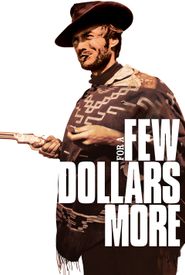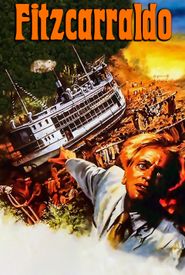Klaus Kinski, born Klaus Günter Karl Nakszynski, was a Polish-German actor known for his intense and unpredictable performances, as well as his tumultuous personal life.
Born in Zoppot, Free City of Danzig (now Sopot, Poland),Kinski was the son of Susanne Lutze, a nurse, and Bruno Nakszynski, a pharmacist. He grew up in Berlin, where he developed a passion for acting.
During World War II, Kinski was drafted into the German army at the age of 20 and was captured by British forces in Holland. After the war, he began his acting career on the stage, quickly gaining a reputation for his ferocious talent and temper.
Kinski's film career was marked by a prolific output, with over 130 credits to his name. However, he was often criticized for his lack of discernment in choosing roles, which led to a mixed bag of quality in his performances.
Despite this, Kinski's collaborations with director Werner Herzog are widely regarded as some of the most memorable of his career. The two worked together on 15 films over a period of 15 years, pushing each other to extremes and producing some of Herzog's most iconic works.
However, their relationship was not without its challenges. The two had a famously tumultuous working relationship, marked by violent outbursts, mutual death threats, and a general atmosphere of chaos. This culminated in the infamous production of Cobra Verde in 1987, which was plagued by clashes between Kinski and Herzog.
Kinski's personal life was also marked by controversy. He was known for his womanizing and had numerous affairs throughout his life. He also had a reputation for being physically and verbally abusive to those around him.
In his later years, Kinski turned to directing, starring in and directing the notorious film Paganini in 1989. The film was marked by clashes between Kinski and his producers, who accused him of turning the movie into a pornographic film.
Kinski's autobiography, "All I Need is Love", was a vicious attack on the film industry and was initially withdrawn due to legal issues. It was later re-released under the title "Kinski Uncut" in the US and UK, and in various other languages.
Kinski died in 1991 at the age of 65, leaving behind a legacy as one of the most complex and controversial figures in the history of cinema.
